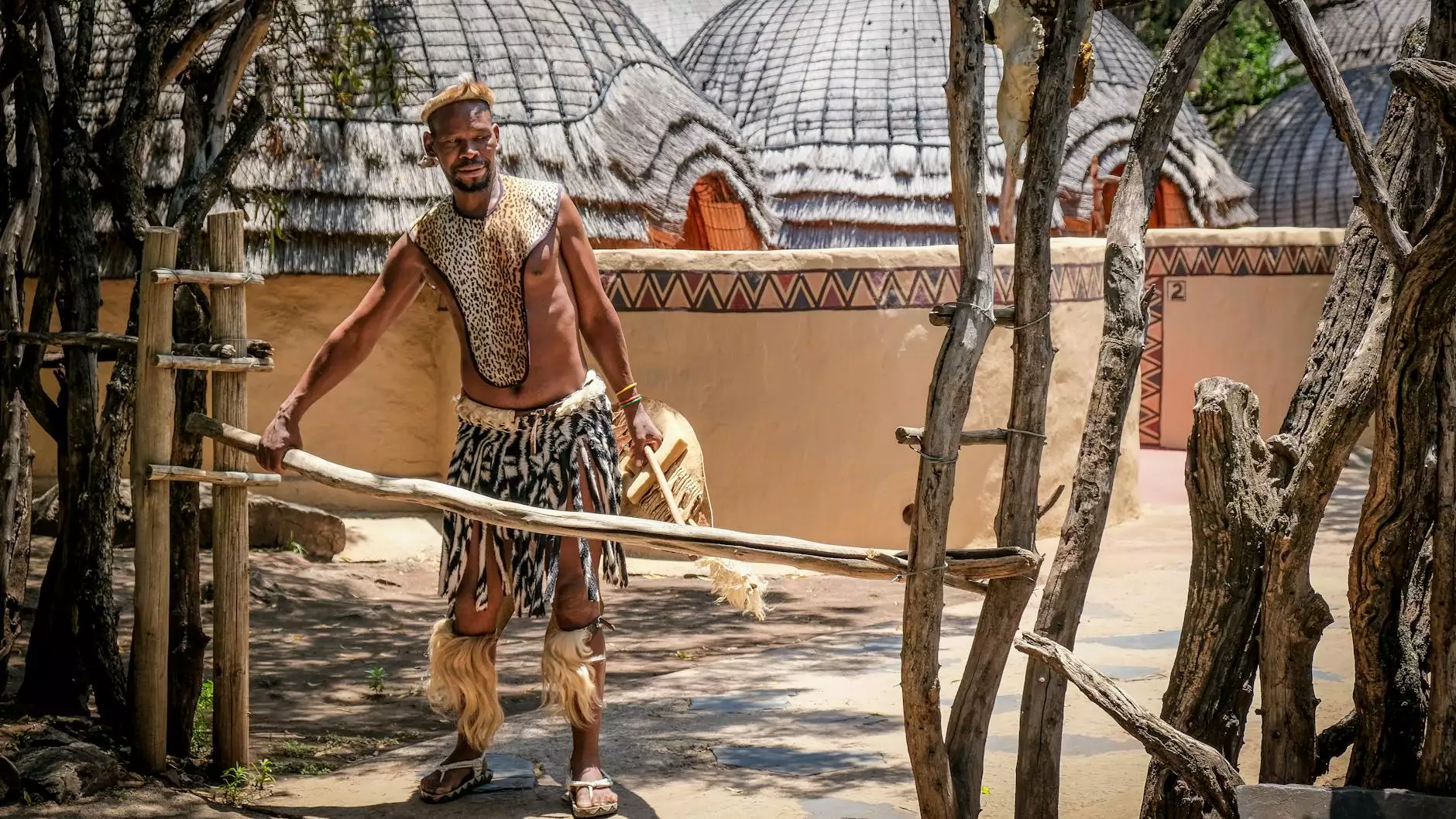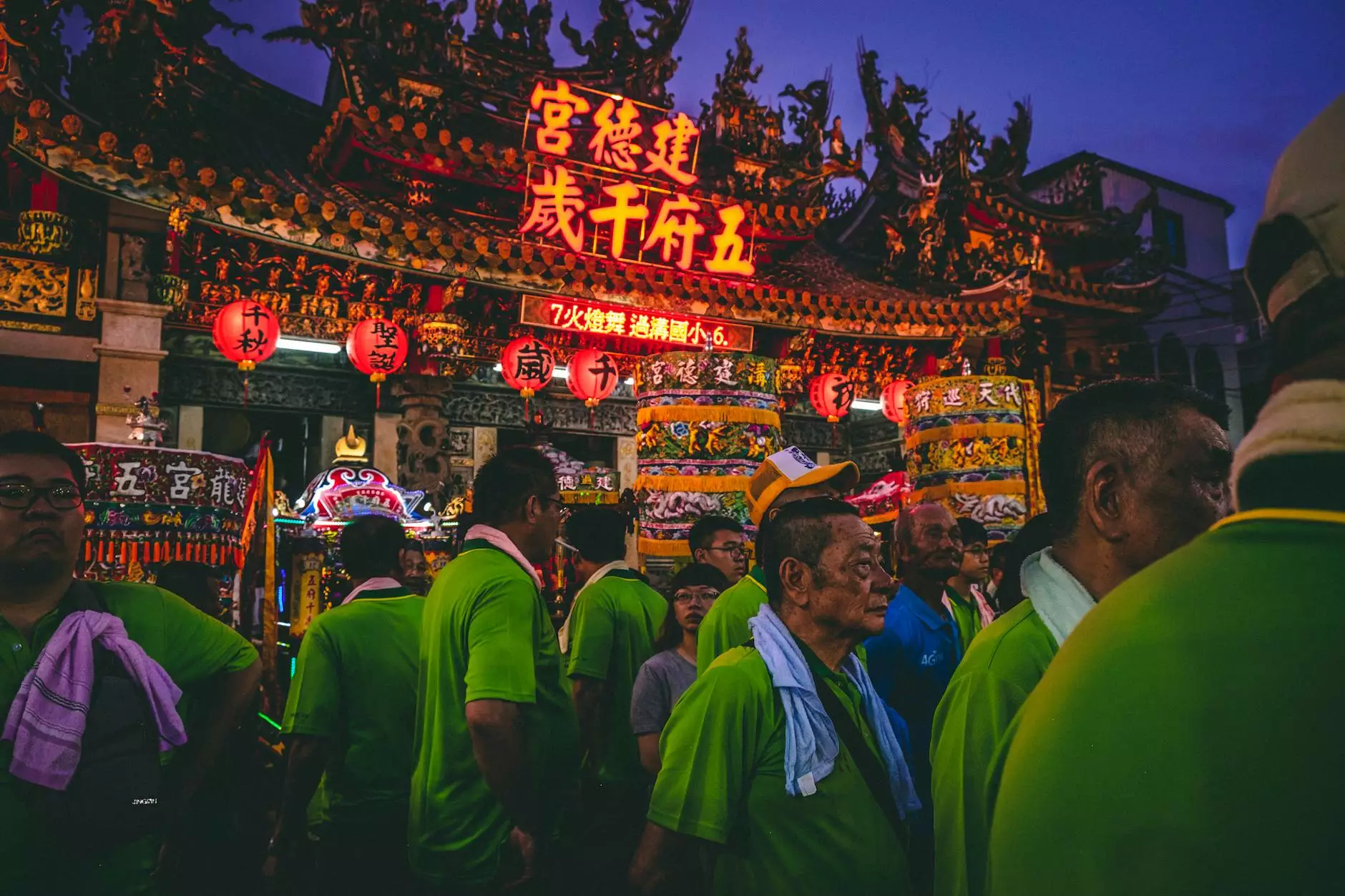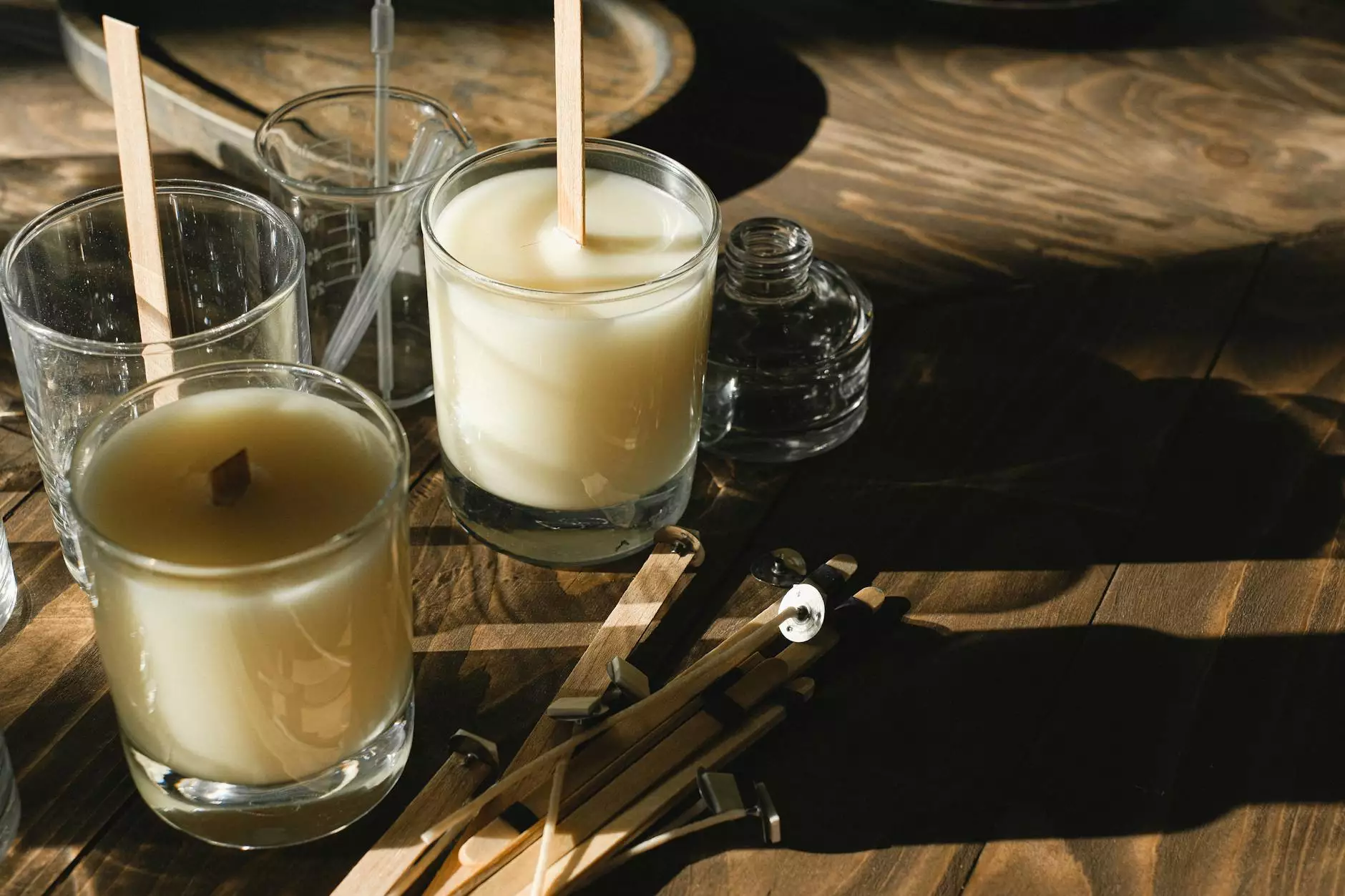Exploring South African Funeral Traditions

The Richness of South African Funeral Traditions
South African funeral traditions are deeply rooted in cultural diversity and spiritual beliefs. This article delves into the unique customs, rituals, and ceremonies practiced during the mourning and burial process in this vibrant African country.
Understanding the Significance of Funeral Rituals
Funerals in South Africa hold immense importance and are considered pivotal moments for honoring the departed soul and supporting the grieving family. These rituals play a crucial role in providing closure, healing, and expressing respect for the deceased.
The Process of a South African Funeral
A South African funeral typically includes several stages, each with its own significance. Let's explore them in detail:
1. Notification and Preparation
As soon as a loved one passes away, family and friends gather to notify others about the sad news. This communication is done through personal visits, phone calls, or even public announcements in local communities. The deceased's body is prepared for burial, often under the care of funeral directors experienced in South African traditions.
2. Wake and Vigil
The wake or vigil is a period where family, friends, and community members come together to remember the life and accomplishments of the deceased. Prayers, singing, and storytelling are common during this time, allowing for reflection and emotional support.
3. Funeral Service
The funeral service is usually held at a place of worship or at the family's home. Religious or cultural leaders conduct ceremonies, including prayers, hymns, and eulogies. The service serves as a way to celebrate the life of the departed and offer blessings for their journey into the afterlife.
4. Procession and Burial
Following the funeral service, a procession is formed to accompany the deceased to their final resting place. In rural areas, family members often carry the casket on foot, while in urban areas, vehicles may be used. Traditional music and dance sometimes accompany the procession, reflecting the vibrant cultural heritage of the nation. The burial site is chosen based on traditional customs or personal preferences.
Cultural and Religious Influences
South Africa's diverse population means that funeral traditions vary among different cultural and religious groups. Some notable influences include:
Zulu Funerals
The Zulu people have a rich heritage and their funerals embody a deep sense of tradition and spirituality. Traditional attire, intricate rituals, and the presence of spiritual leaders are key elements of Zulu funerals.
Xhosa Funerals
Xhosa funerals are characterized by colorful clothing, singing, and dancing. These ceremonies often include the slaughtering of an ox as a gesture of respect, symbolizing the abundance of the afterlife.
Christian Funerals
Many South Africans follow Christianity, and Christian funerals adhere to the practices of their specific denomination. These services usually include prayers, scripture readings, hymns, and a sermon delivered by a minister.
Muslim Funerals
Muslim funerals adhere to Islamic customs and traditions. The deceased is washed and wrapped in a simple white cloth, and prayers are recited for their journey to the afterlife. Burial takes place as soon as possible, preferably within 24 hours.
Burial Customs and Cemeteries
South African burial customs are as diverse as the country's population. Some notable customs include:
Family and Community Involvement
Burials within South African communities often involve collective efforts from family and community members. This fosters a sense of support and unity during times of grief.
Gravesite Decorations
Gravesites are often adorned with flowers, plants, and personal items that held significance to the deceased. This serves as a way to honor their memory and create a peaceful resting place.
Cultural Considerations
Certain cultural customs dictate how the deceased should be buried. For example, some communities prefer burying their loved ones facing east, while others may have specific rituals associated with the placement of the body within the grave.
Cemetery Facilities
South Africa is home to various cemeteries that accommodate diverse cultural and religious preferences. From traditional burial grounds to crematoriums and memorial parks, there are options available to suit different needs.
Preserving and Honoring Heritage
South African funeral traditions play a significant role in honoring heritage, connecting generations, and preserving cultural legacies. They provide immense emotional support to families and communities during difficult times.
Conclusion
Exploring the rich tapestry of South African funeral traditions reveals the immense value placed on honoring loved ones who have passed away. From diverse rituals and ceremonies to burial customs steeped in cultural significance, these traditions serve as a testament to the vibrancy and depth of South African society.










